Dell set to triple its AMD server offering
EMEA VP cites growing customer demand and performance benefits for platform boost
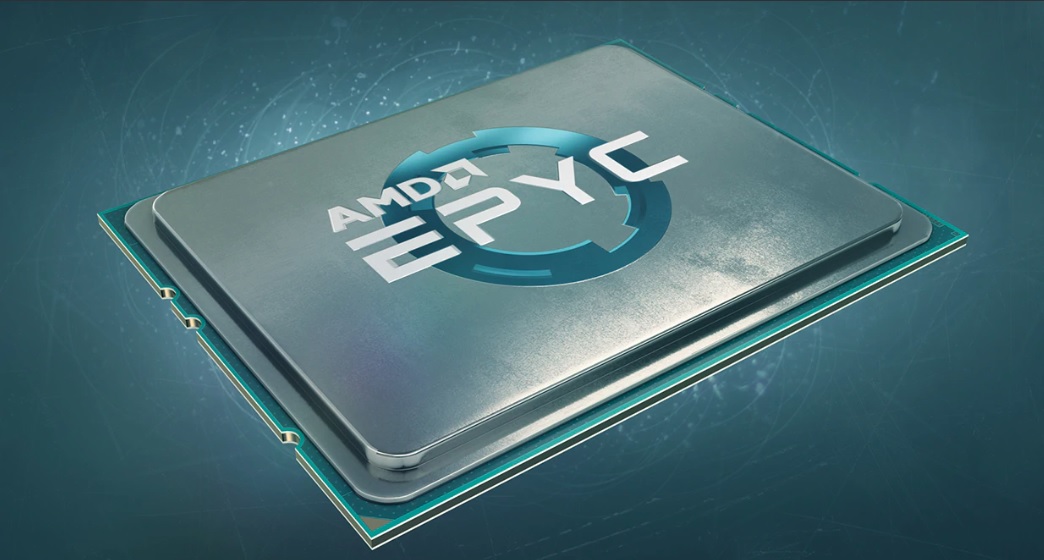

Dell EMC is planning on tripling the amount of AMD-based servers in its portfolio, following the success of the chip manufacturer's EPYC range.
AMD spent a long time in the wilderness, playing second fiddle to main rival Intel across both the desktop and server markets. Its Zen microarchitecture, however, has been met with widespread acclaim, with Zen-based chips offering a noticeably lower TCO than equivalent Intel parts. In our tests, EPYC-based servers from Dell EMC, Broadberry and HPE all showcased phenomenal per-core performance for an excellent price.
This has not gone unnoticed by Dell. The company currently offers three server platforms that use AMD chips but Dominique Vanhamme, the company's EMEA vice president and general manager for storage and compute told IT Pro that the company is planning to triple the number of AMD-based platforms it offers by the end of the year.
"Out of, let's say, 50 or so platforms that we have today," he said, "three of them are AMD - we'll probably triple that by the end of this year."
He also confirmed that Dell EMC will be launching servers powered by AMD's newest architecture - a 7nm architecture codenamed 'Rome' - in the second half of 2019.
While AMD will still be a minority among Dell's server platforms, this planned expansion is in contrast to comments made by Dell EMC CTO John Roese last year, who told IT Pro that Intel was still "the big player" in the market and that the company had no plans to substantially increase its AMD offering, stating "don't expect it to be a duopoly any time soon".
A significant barrier to AMD's growth in the server market, as Vanhamme pointed out, is that any workloads that currently run on Intel servers will need to be re-validated to run on AMD-powered hardware. Given Intel's relative stranglehold on the market, this means that a full AMD migration is likely to be a major project for any sizeable company.
Get the ITPro daily newsletter
Sign up today and you will receive a free copy of our Future Focus 2025 report - the leading guidance on AI, cybersecurity and other IT challenges as per 700+ senior executives
One of the primary driving factors behind this expansion of AMD platforms is a growing demand from customers, according to Vanhamme. The lower TCO offered by AMD's EPYC chips is a large factor, he says; along with a cheaper list price, many EPYC chips use fewer cores and sockets to match the performance of equivalent Intel systems, which means that CIOs can save money on per-core and per-socket licensing costs. Lower power consumption is also attractive, he said.
One thing that surprised Vanhamme was the demand for EPYC servers from general-purpose customers. For example. high-performance computing was expected to be the biggest revenue driver, due to the per-core and per-socket performance advantages, but general demand has been surprisingly strong.
"So in the original plan, we were thinking that it will be a few first verticals that will pick up, like service providers," he said. "We thought that maybe there are some hosters that may want to have that extra capacity when they provide IaaS services. We clearly see HPC, but we also see general customers for sure."
Adam Shepherd has been a technology journalist since 2015, covering everything from cloud storage and security, to smartphones and servers. Over the course of his career, he’s seen the spread of 5G, the growing ubiquity of wireless devices, and the start of the connected revolution. He’s also been to more trade shows and technology conferences than he cares to count.
Adam is an avid follower of the latest hardware innovations, and he is never happier than when tinkering with complex network configurations, or exploring a new Linux distro. He was also previously a co-host on the ITPro Podcast, where he was often found ranting about his love of strange gadgets, his disdain for Windows Mobile, and everything in between.
You can find Adam tweeting about enterprise technology (or more often bad jokes) @AdamShepherUK.
-
 The Race Is On for Higher Ed to Adapt: Equity in Hyflex Learning
The Race Is On for Higher Ed to Adapt: Equity in Hyflex LearningBy ITPro
-
 Google faces 'first of its kind' class action for search ads overcharging in UK
Google faces 'first of its kind' class action for search ads overcharging in UKNews Google faces a "first of its kind" £5 billion lawsuit in the UK over accusations it has a monopoly in digital advertising that allows it to overcharge customers.
By Nicole Kobie
-
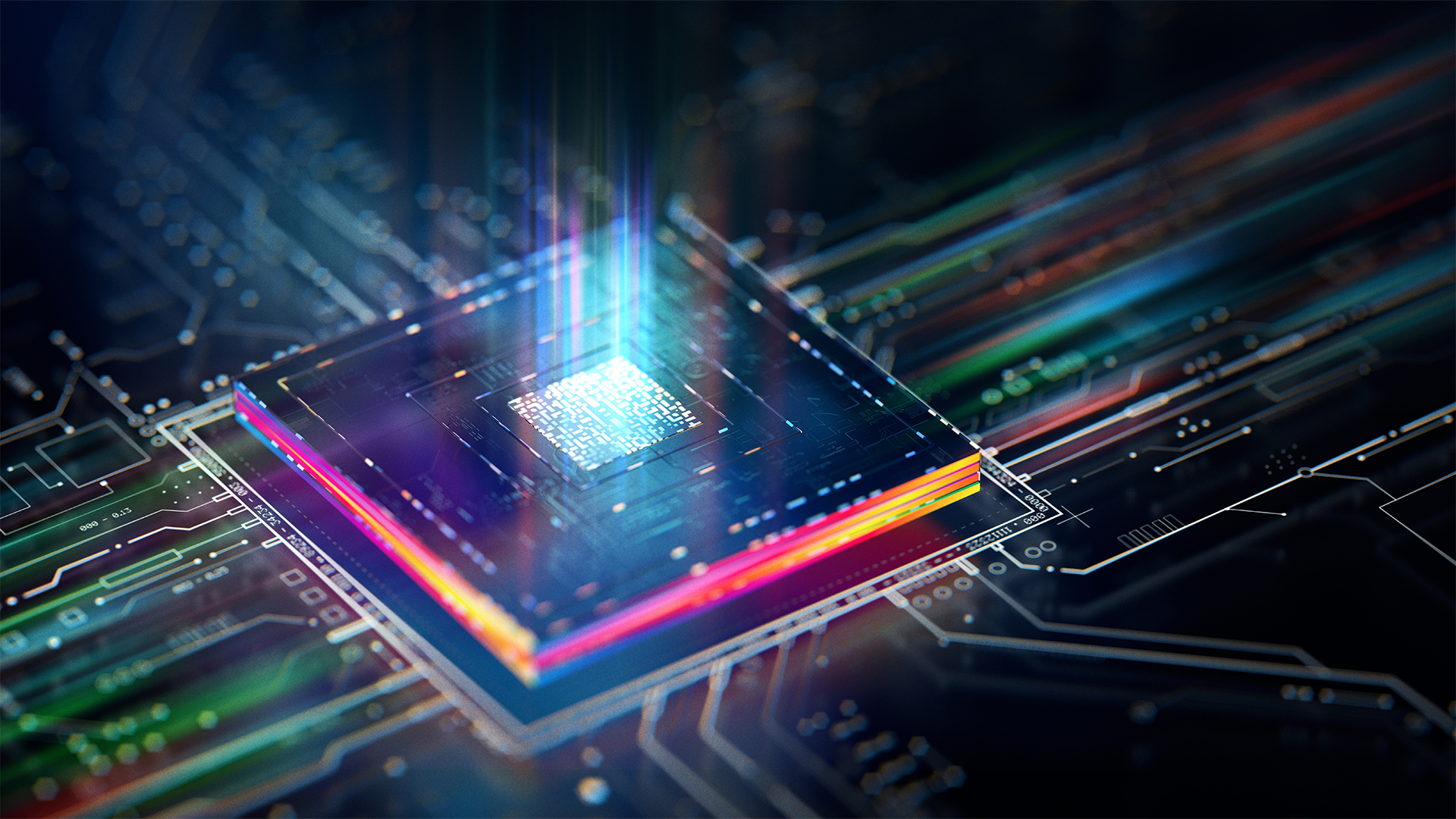 Why the CPU you chose is the key to Windows 11
Why the CPU you chose is the key to Windows 11The end of Windows 10 is on the horizon – it’s time to upgrade to an fTPM-protected processor
By Bobby Hellard
-
 AMD and Intel’s new x86 advisory group looks to tackle Arm, but will it succeed?
AMD and Intel’s new x86 advisory group looks to tackle Arm, but will it succeed?News The pair will look to make x86 CPU architecture more interoperable
By George Fitzmaurice
-
 AMD’s patient roadmap has become a highway to success
AMD’s patient roadmap has become a highway to successAnalysis While everyone was focused on Nvidia’s meteoric rise, AMD was preparing the hardware needed to take the fight to its long-time competitor
By Ross Kelly
-
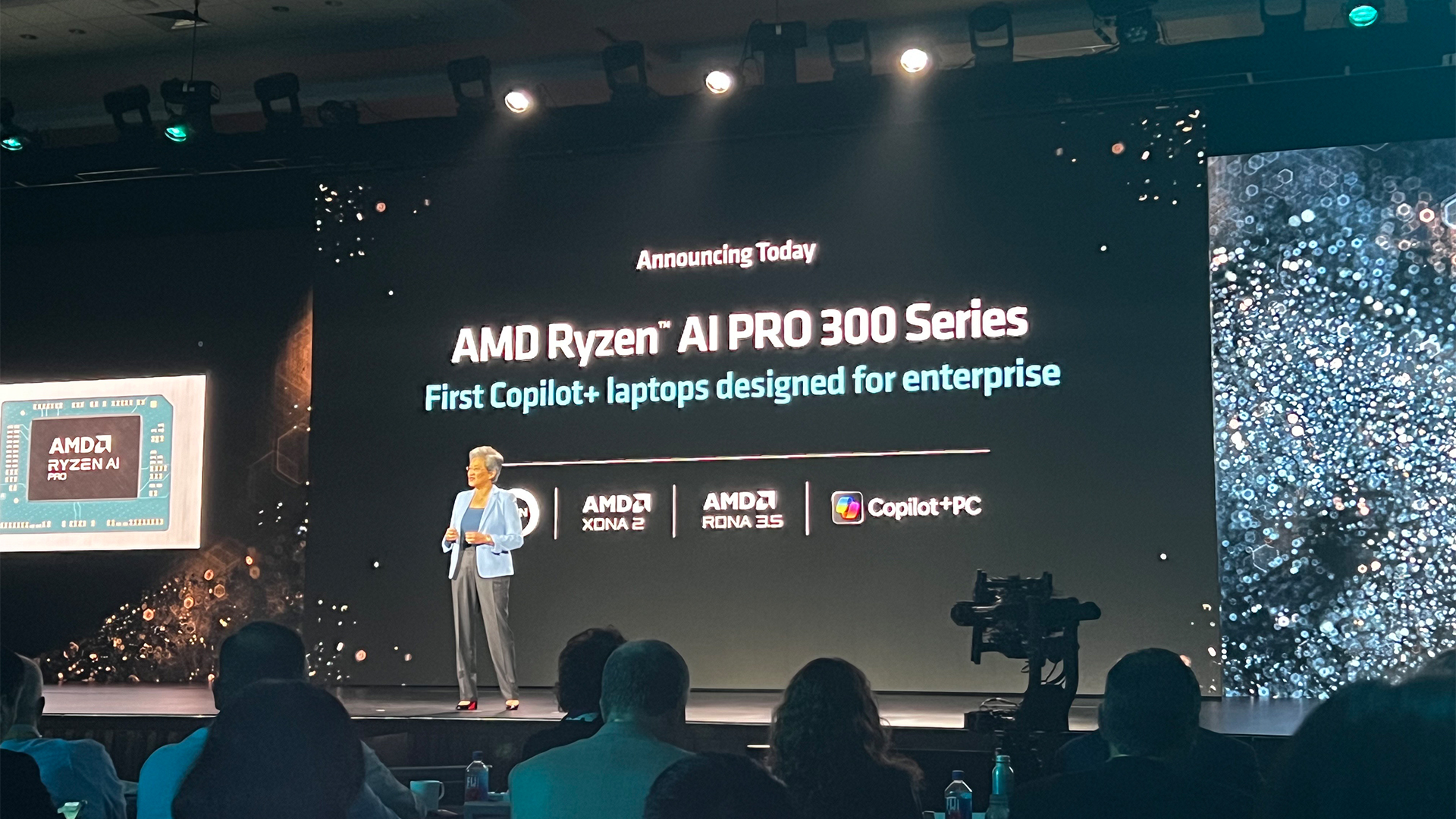 AMD just made a big statement in the AI PC race with its Ryzen AI Pro 300 series processors
AMD just made a big statement in the AI PC race with its Ryzen AI Pro 300 series processorsNews With all eyes focused on the AI PC craze, AMD looks to one-up the competition
By Ross Kelly
-
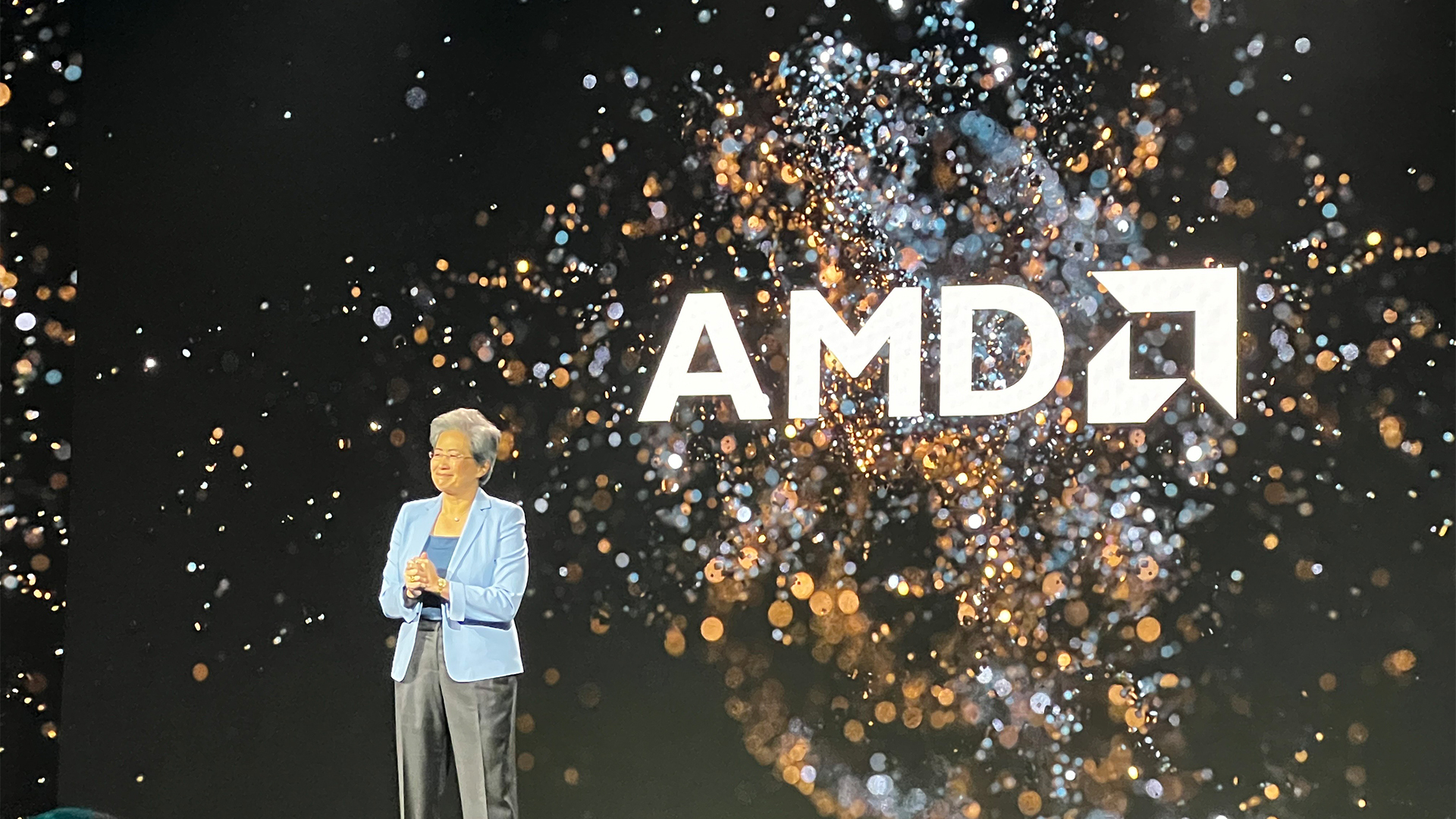 AMD’s new Instinct GPUs might just blow Nvidia out of the water
AMD’s new Instinct GPUs might just blow Nvidia out of the waterNews The chip maker unveiled its newest Instinct GPU series in San Francisco today – and it’s very bullish on performance in the race with Nvidia
By Ross Kelly
-
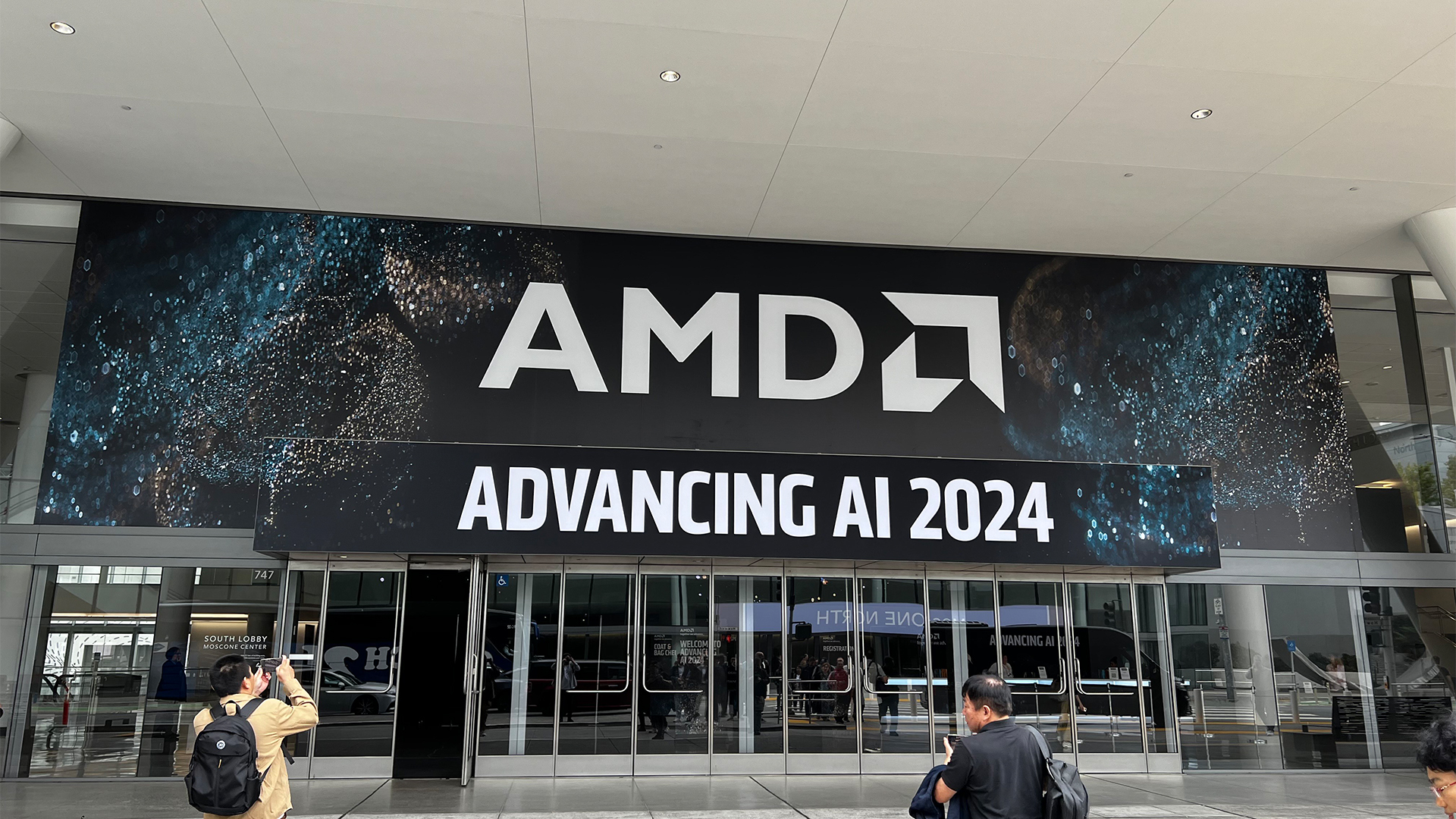 AMD Advancing AI live: All the news and updates as they happened
AMD Advancing AI live: All the news and updates as they happenedLive Blog ITPro has been live on the ground at the AMD Advancing AI conference in San Francisco this week – here's everything we learned in the big keynote with CEO Lisa Su
By Ross Kelly
-
 Why the world is about to be swamped with AI PCs
Why the world is about to be swamped with AI PCsNews With adoption rates set to surge, AI PCs will become far more mainstream in years to come
By Nicole Kobie
-
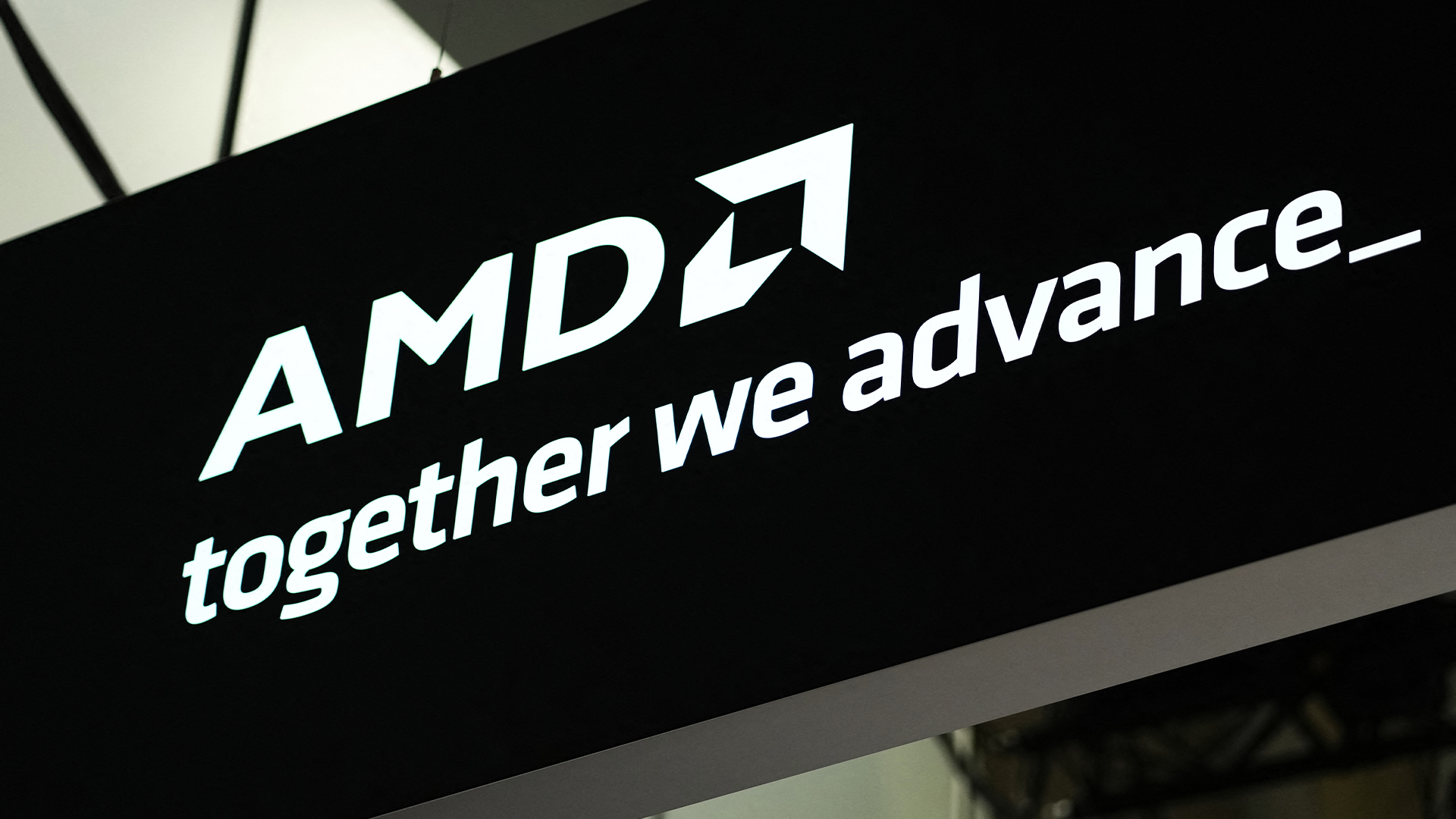 AMD expands CPU portfolio with new EPYC 4004 Series
AMD expands CPU portfolio with new EPYC 4004 SeriesNews AMD has released its new EPYC 4004 Series processors to power entry level system designs and deliver cost savings to SMBs
By Daniel Todd